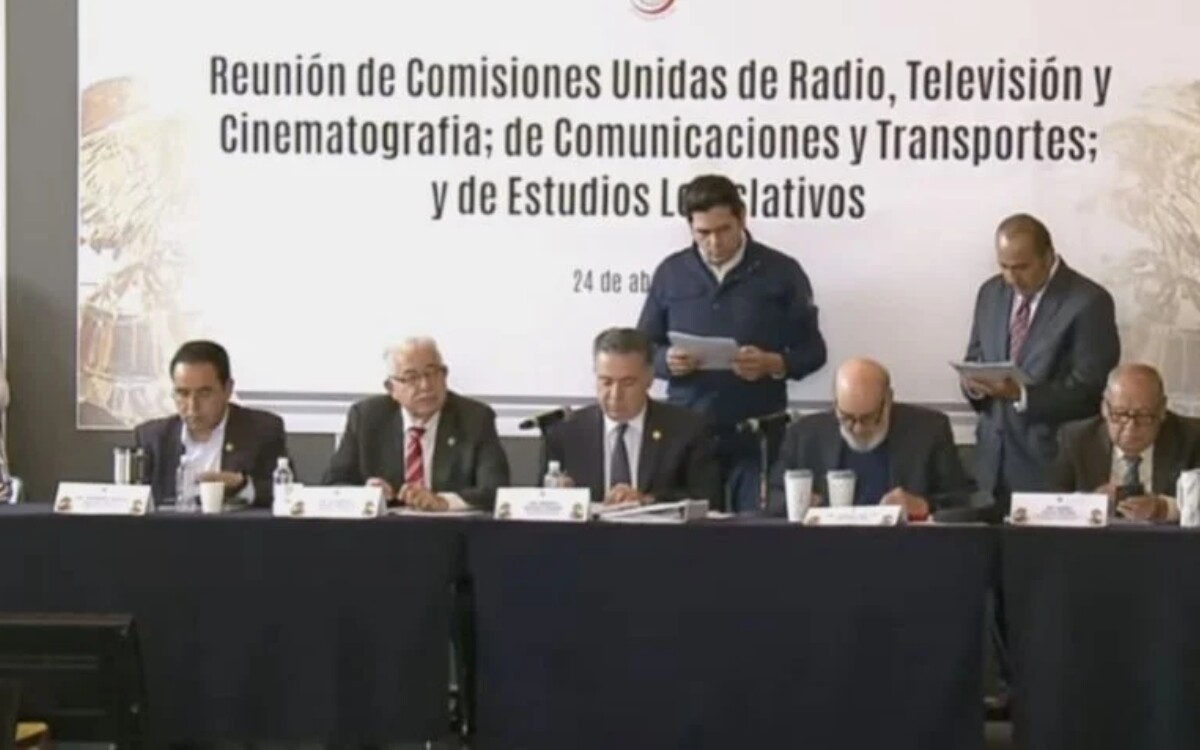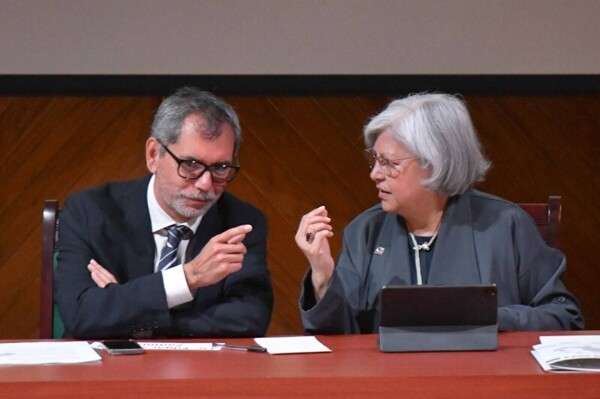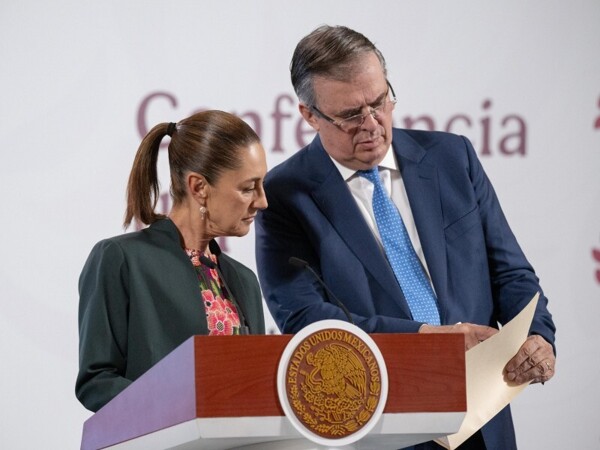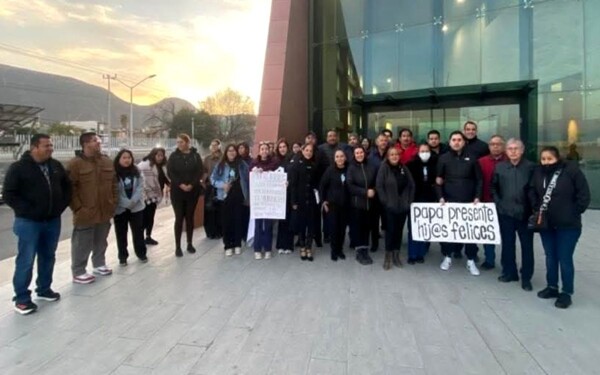
The Senate of Mexico approved a new Law on Telecommunications and Broadcasting with 29 votes in favor, nine against, and no abstentions. This measure aims to regulate Mexicans' access to digital content without being considered a censorship law, but rather an act of dignity, sovereignty, and self-determination.
The president of the Radio, Television, and Cinematography Commission, José Antonio Cruz Álvarez Lima, emphasized that the Agency for Digital Transformation and Telecommunications (ATDT) will assume the leadership of telecommunications and broadcasting. One of the most important prohibitions is to disseminate political propaganda from foreign governments, ensuring that the media serve the people and not external powers.
The ATDT will be the entity responsible for formulating and conducting public policies in telecommunications and broadcasting, regulating the use of the radioelectric spectrum and promoting access to services for the benefit of the population. The aim is to simplify procedures, digitize processes, and improve broadband internet coverage.
Another relevant point is the possibility of temporarily blocking digital platforms for non-compliance with regulations. Furthermore, the transmission of advertising, propaganda, or information from foreign governments that does not have cultural or tourism purposes is prohibited, thus avoiding the dissemination of misleading messages.
Various senators expressed their positions regarding the law: while the PAN denounced an attempt at control by the government, the PRI indicated that this regulation represents a setback in digital freedoms. In contrast, Morena defended the communicative sovereignty of the Mexican State, highlighting the importance of protecting the population from degrading messages coming from abroad.














